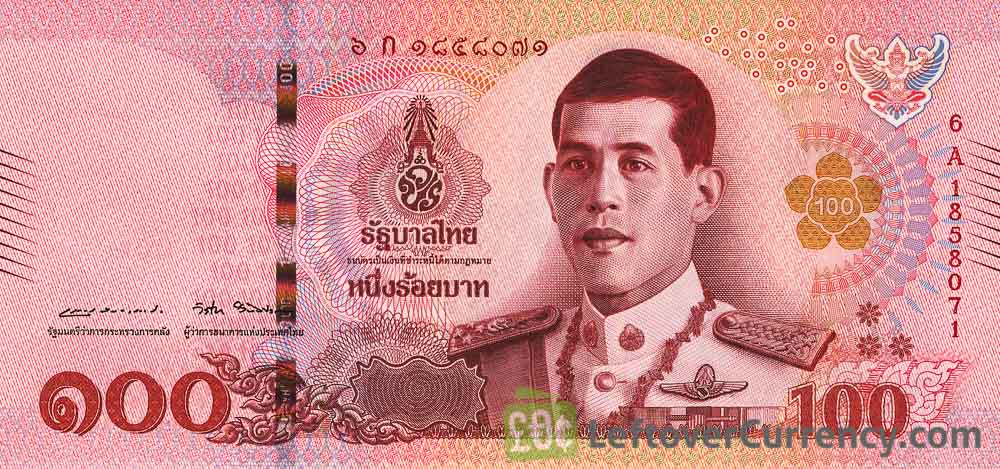Economic Forecast for the Thai Baht
According to a recent report by the National Economic and Social Development Council (NESDC), the Thai baht is expected to experience significant volatility in 2025. The report anticipates that the baht will fluctuate between 34.5 and 35.5 to the US dollar, maintaining a similar average of 35.4 baht observed this year.
Influencing Factors for Currency Fluctuation
The baht’s volatility is largely influenced by US economic policies, which are expected to impact the Federal Reserve’s monetary decisions aimed at curbing inflation. The NESDC suggests that if the Federal Reserve reduces its policy interest rates, it could strengthen the baht. Conversely, if US economic pressures lead to a delay in interest rate reductions, the baht may weaken.
Oil Prices Outlook for 2025
Projected Price Range for Dubai Crude
The NESDC also provided insights into oil prices, forecasting that Dubai crude will range between $75 and $85 per barrel next year, consistent with an average of $80 per barrel this year. This projection reflects ongoing global economic dynamics and geopolitical factors.
Factors Affecting Oil Prices
Several factors could influence oil prices in 2025. Prolonged conflicts in the Middle East and a decline in US oil rigs may lead to increased prices due to potential disruptions in global fuel supply. However, negative influences such as reduced fuel demand amid a US-China trade war and a transition to clean energy could exert downward pressure on prices. Additionally, OPEC+ plans to increase crude oil production capacity may also impact market dynamics.
Thai Economic Growth and Inflation Projections
Expected Economic Expansion
The NESDC predicts that Thailand’s economy will expand by 2.3% to 3.3% in 2025, compared to a growth rate of 2.6% this year. This growth outlook is contingent on various factors, including external economic conditions and domestic policies.
Inflation and Current Account Forecasts
Thai inflation is expected to remain low, projected between 0.3% and 1.3%. The current account is anticipated to show a surplus of approximately 2.6%, indicating a positive balance of trade that could support the baht’s stability amidst external pressures.
Conclusion: Preparing for Economic Challenges Ahead
As Thailand navigates potential volatility in both currency and oil prices in 2025, stakeholders must remain vigilant and adaptable. Understanding the interplay between global economic trends and local conditions will be crucial for businesses and consumers alike as they prepare for the upcoming year.








